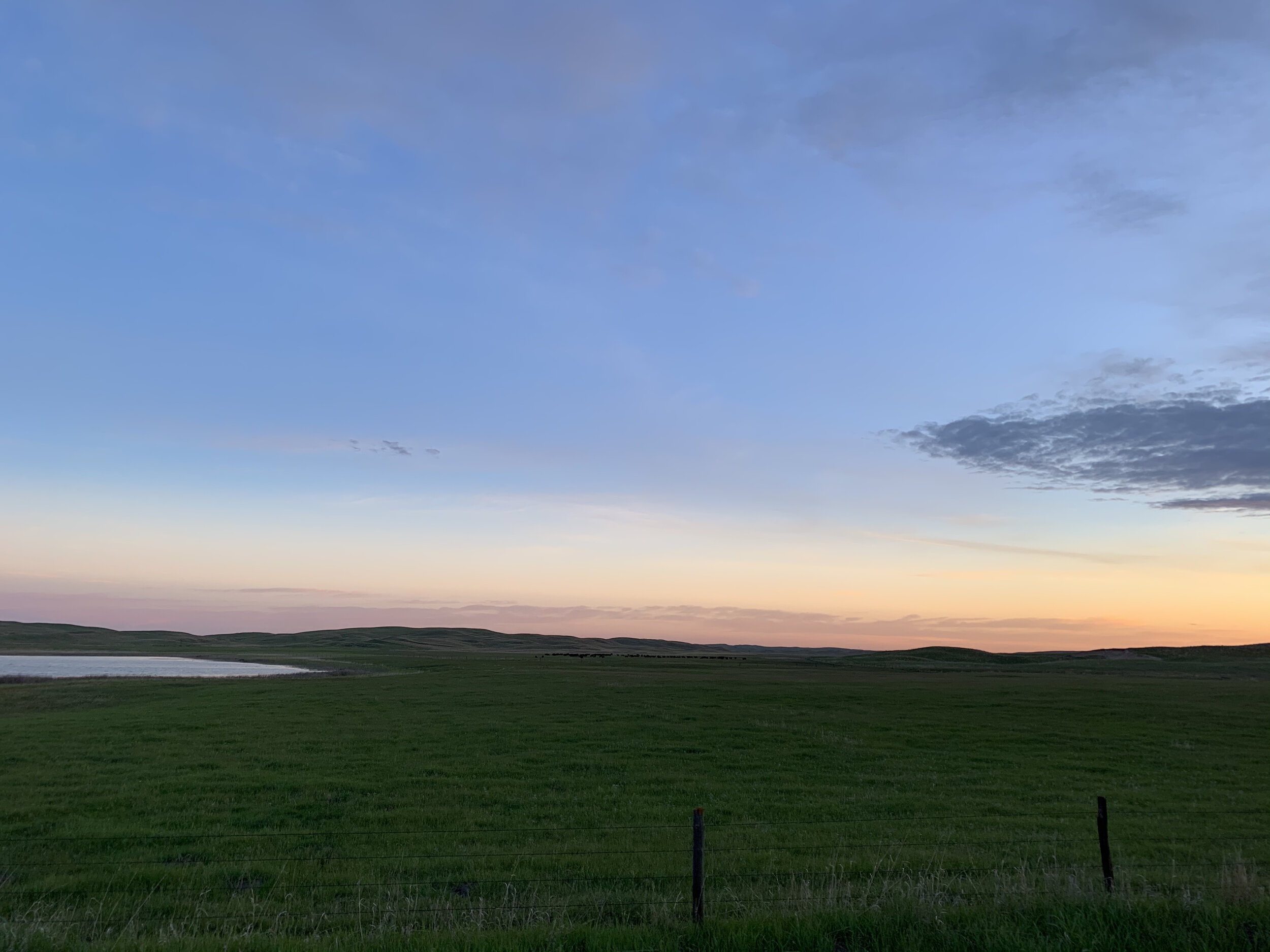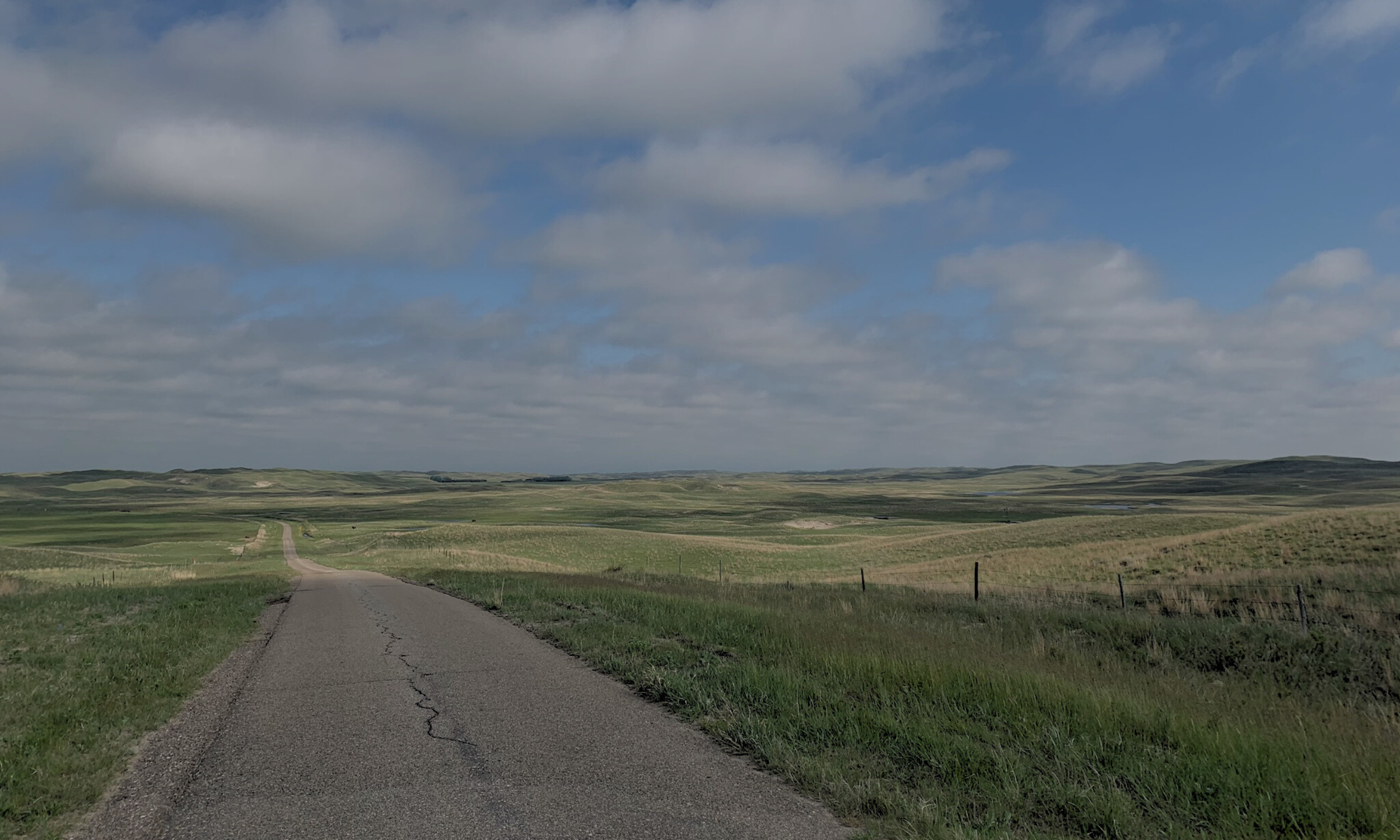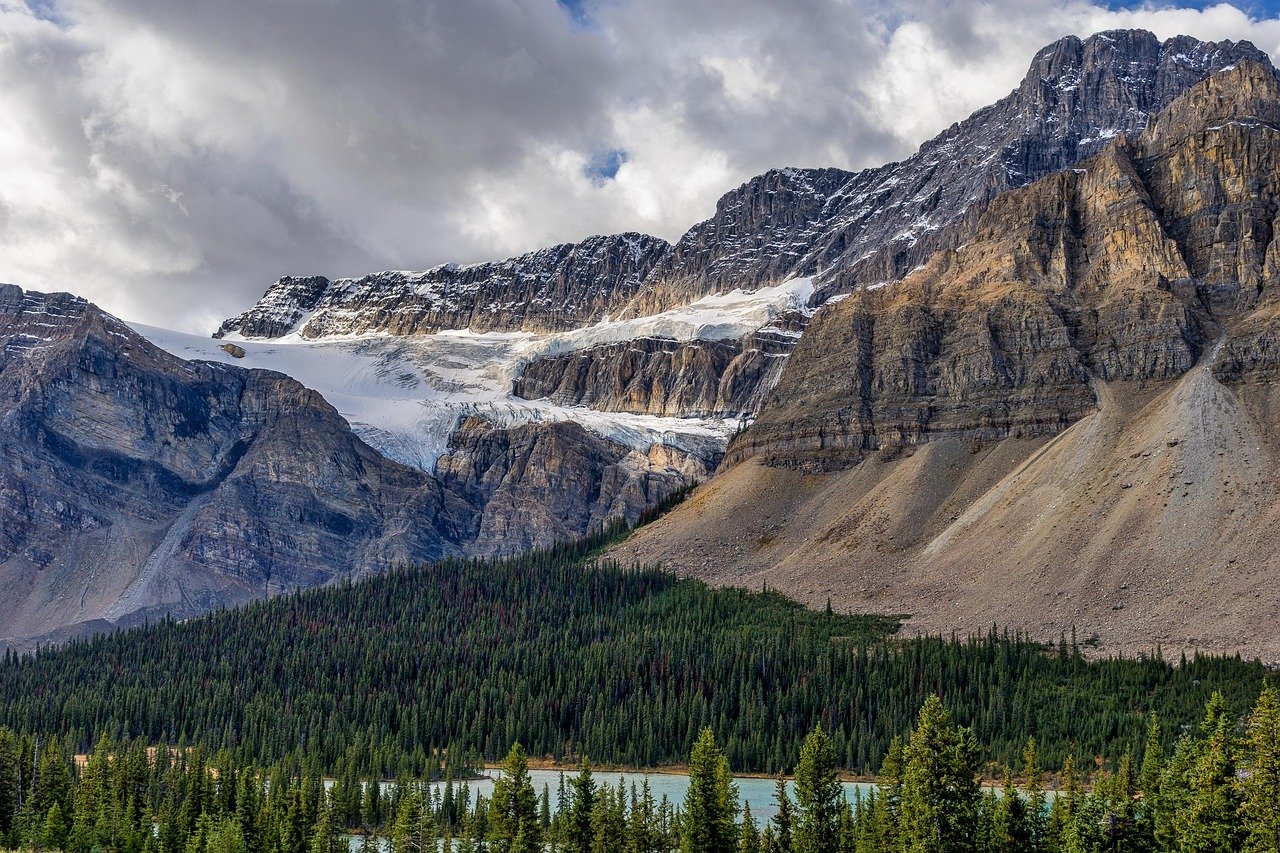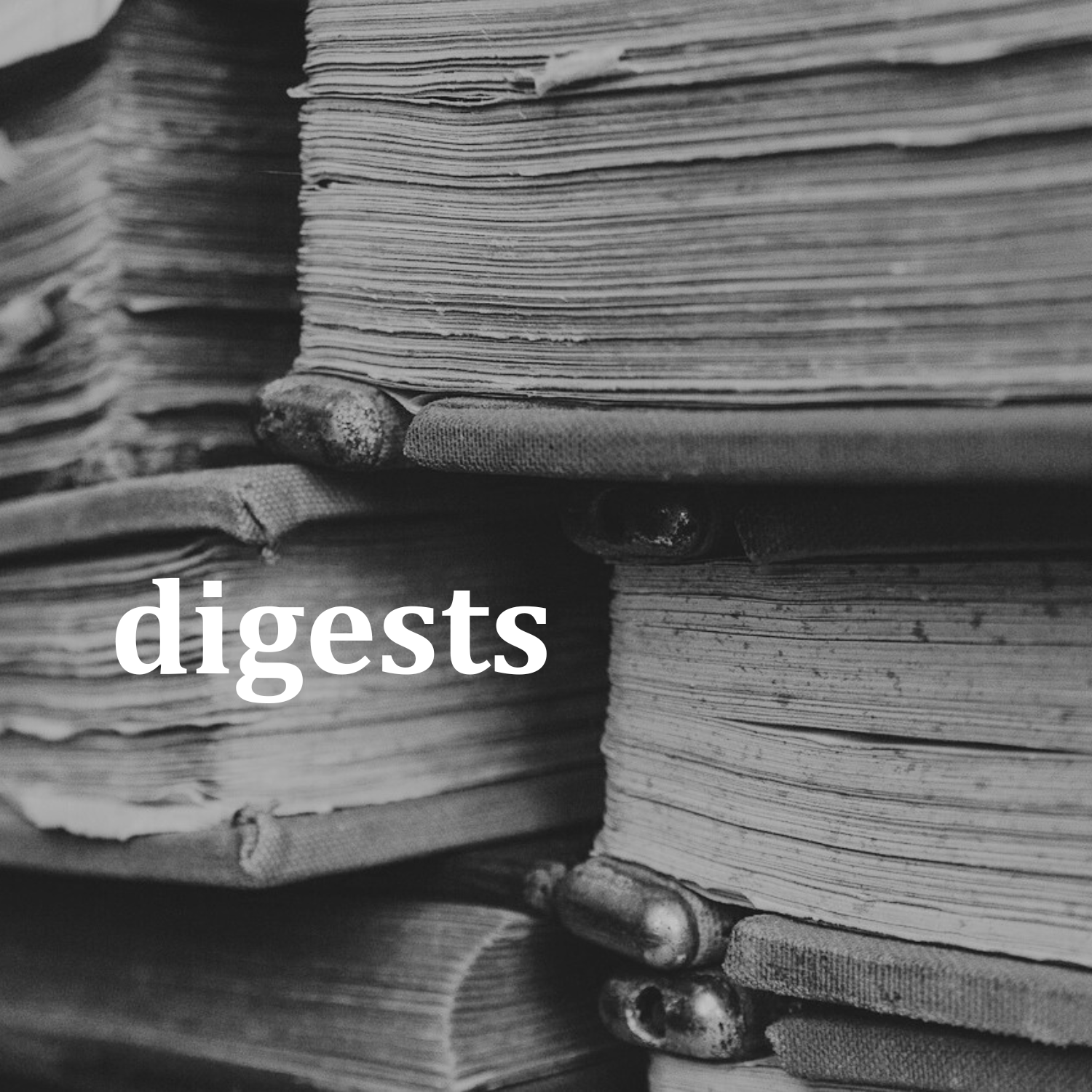The Rural Review
An online journal produced in conjunction with the Rural Reconciliation Project.
Hisey: Conservation Easement Policy in Canada
In “Provincial Diffusion, National Acceptance: The Transfer of Conservation Easement Policy in Canada,” author Forrest Hisey (Geography, Geomatics, and Environment, University of Toronto) surveys the development of conservation easement (CE) legislation development in Canada to understand the state of CE policy as well as policy diffusion methods leading to this development.
Schneider et al.: Financial Incentives and Landowner Interest in Reforestation
In Financial Incentives and Landowner Interest in Reforesting Open Lands in the Southeastern United States, authors Chloe Schnieder and Nina Randazzo (Environmental Defense Fund), Ram Kumar Adhikari (Forestry, Mississippi State University), and Neelam Chandra Poudyal (Natural Resources, University of Tennessee) examine the factors influencing landowners’ willingness to participate in reforestation programs.
Wolters et al.: Sustainability Initiatives in Rural Cascadia
In Small and Rural Local Government Environmental Sustainability Plans, Programs and Policies in Cascadia: A Comparative Analysis, Erika Allen Wolters, Brent S. Steel, and Sadaf Farooq (all Public Policy, Oregon State), and Tamara Krawchenko (Public Administration, University of Victoria) examine the environmental sustainability efforts of small and local governments within the “Cascadia” region which spans British Columbia, Oregon, and Washington.
Villavicencio-Pinto: Property Regimes and Climate Adaptation
In Beyond the Agro-export Boom: The Challenges of Land Concentration and Fragmentation in Chile, Eduardo Villavincencio-Pinto (Kent Law School, UK) examines the neoliberal rural property regime in modern Chile and its implications for how the country can meet the challenges of climate change. The author conducted a study of rural Chilean property ownership, evaluating two main trends: land concentration and land fragmentation. Employing a historical, cartographic, and socio-legal approach, Villavincencio-Pinto shows how both trends have had negative effects on the rural landscape in Chile and challenges the sustainability of this foundational system.
Hisey et al.: Fears and Fences: Bison on the Canadian Prairies
In Fears and Fences: Social and Material Barriers to Plains Bison on the Canadian Prairies, authors Forrest Hisey, Melissa Heppner (both Geography, Geomatics, and Environment, University of Toronto, Mississauga), and Andrea Olive (Political Science, University of Toronto, Mississauga) conduct a qualitative study to determine the largest barriers to the “rewilding” of bison on the Canadian Great Plains with a particular focus on the colonial attitudes that conflict with Indigenous groups’ efforts to reintroduce bison.
Warner and Salazar: Shared Stewardship
In Shared Stewardship, Elizabeth Kronk Warner and Jesús A. Salazar (Both Law, University of Utah) challenge the trend of excluding tribes from participation of co-stewardship of national lands. The authors examine the existing standards and offer creative solutions to forging a path to tribal co-stewardship.
Dunlap et al.: A Dead Sea of Solar Panels
In ‘A Dead Sea of Solar Panels’: Solar Enclosure, Extractavism and the Progressive Degradation of the California Desert, Alexander Dunlap (Global Development Studies, University of Helsinki), Benjamin Sovacool and Bojana Novaković (both Institute for Global Sustainability, Boston University) discuss the spread of solar energy projects in the Mojave desert and the overlooked negative impact both on the environment and the people who live there.
Bryant & Farrell: Conservatism, the Far Right, and the Environment
In Conservatism, the Far Right, and the Environment, Jesse Callahan Bryant and Justin Farrel (both Environment, Yale) review and integrate sociological research with multidisciplinary literature on conservative and far-right environmental thought.
Walsh et al.: Rural Journalists and Environmental Reporting
In Gleaning Rural Journalism: Rural Journalists' Agricultural and Environmental Reporting Utilizing Community Storytelling Networks, authors Jessica Walsh (University of Nebraska-Lincoln), Mildred F. Perreault, Greg Perreault (both of University of South Florida), and Ruth Moon (Louisiana State University) examine how rural journalists report to their communities about the environment.
Rosenbloom: Sacrifice Zones
In Sacrifice Zones, author Johnathan D. Rosenbloom (Albany Law School) proposes a new way to address issues present at the intersection of climate change and land zoning laws.
Franz & McNelly: Finance, Extraction, and the Green Transition
In The “Finance-Extraction-Transitions Nexus”: Geographies of the Green Transition in the 21st Century, Tobias Franz (Economics, University of London, UK) and Angus McNelly (International Relations, University of Greenwich, UK) break down the relationship between finance capital, mineral extraction, and the environmental and the societal implications of the green transition.
Borgias et al.: Unlikely Alliances in Rural-Urban Environmental Conflicts
In Unlikely Alliances in Action: Balancing Alignment and Autonomy in Rural-Urban Water Conflicts, Sophia Borgias (Public Service, Boise State University), Kate Berry (Geography, University of Nevada-Reno), and Dalten Fox (Arts and Sciences, University of South Alabama) emphasize the positive impact of “unlikely alliances” arising from efforts to tackle critical environmental issues. The authors employ a “place-based and historically embedded” approach to explore the internal dynamics of alliances among groups that have traditionally been in opposition.
Explore the Rural Review
Brief, objective summaries of new rural research across academic disciplines.
Collections of recent rural scholarship, news, and events.
Guest opinions, essays, research summaries, and other original content.
Original book reviews, creative reading lists, and further resources.
Summaries and announcements from recent programs and workshops.


















